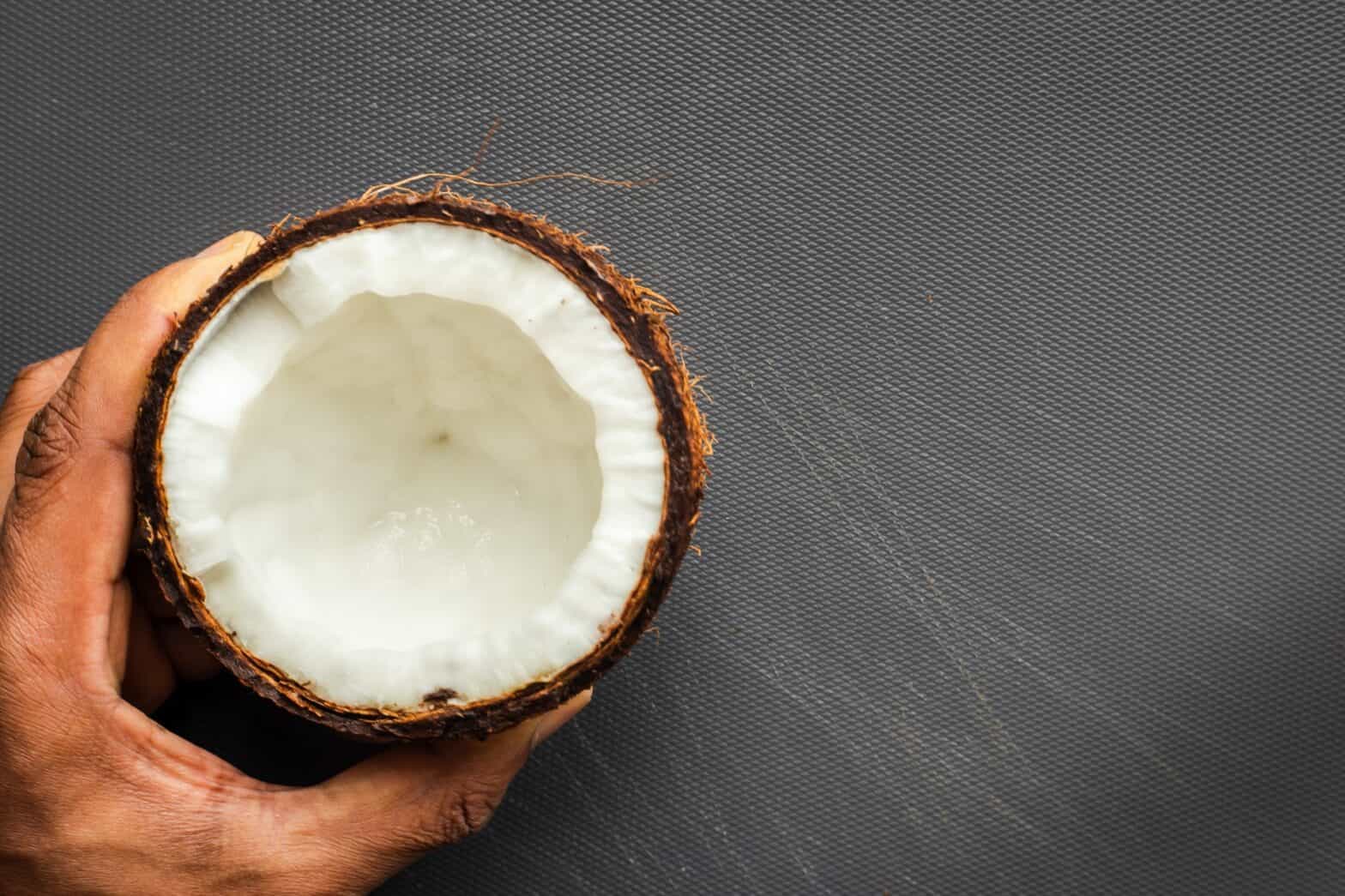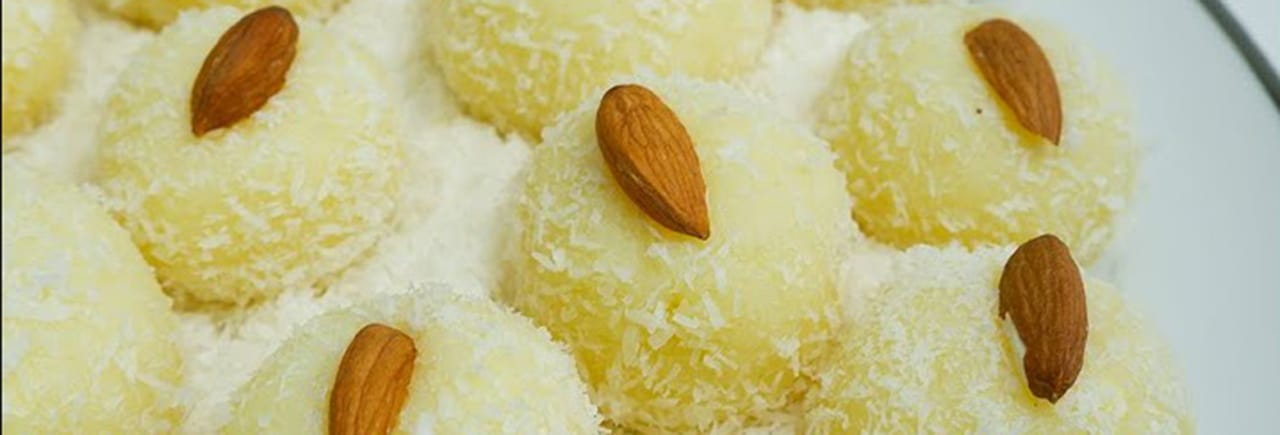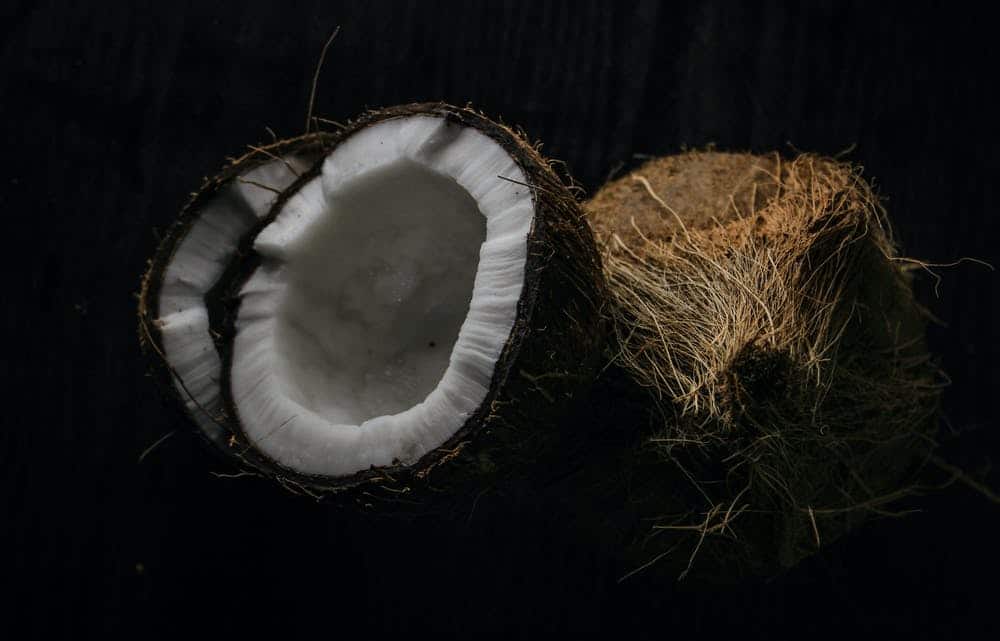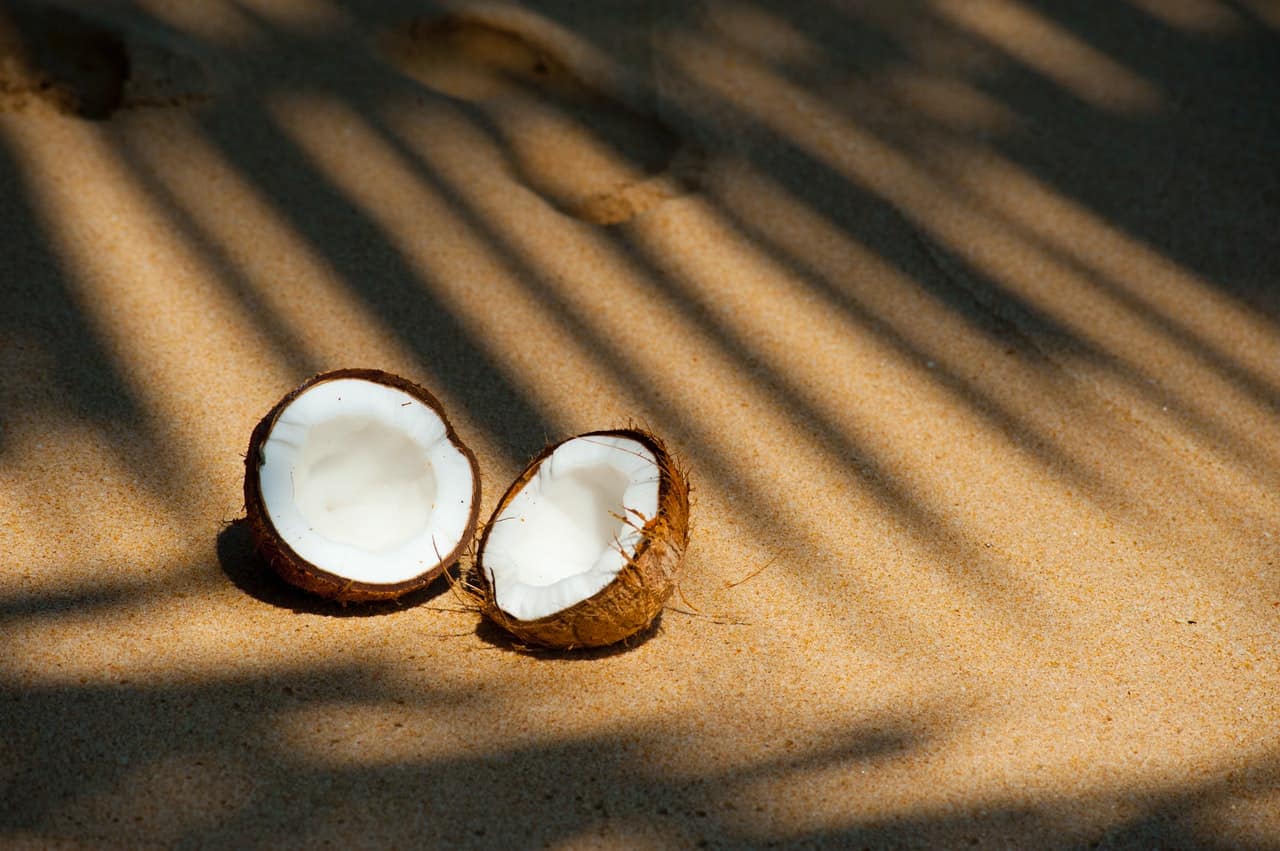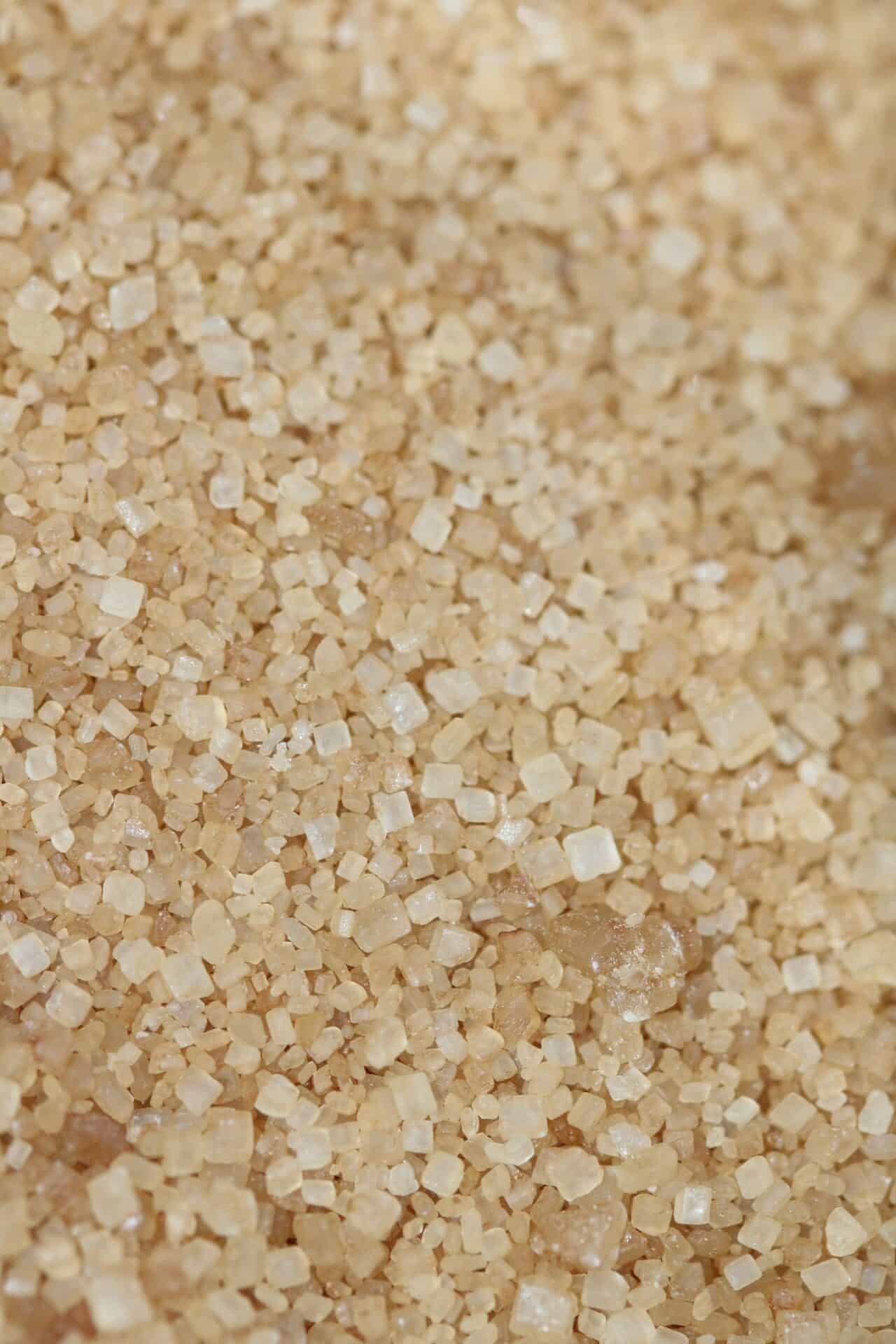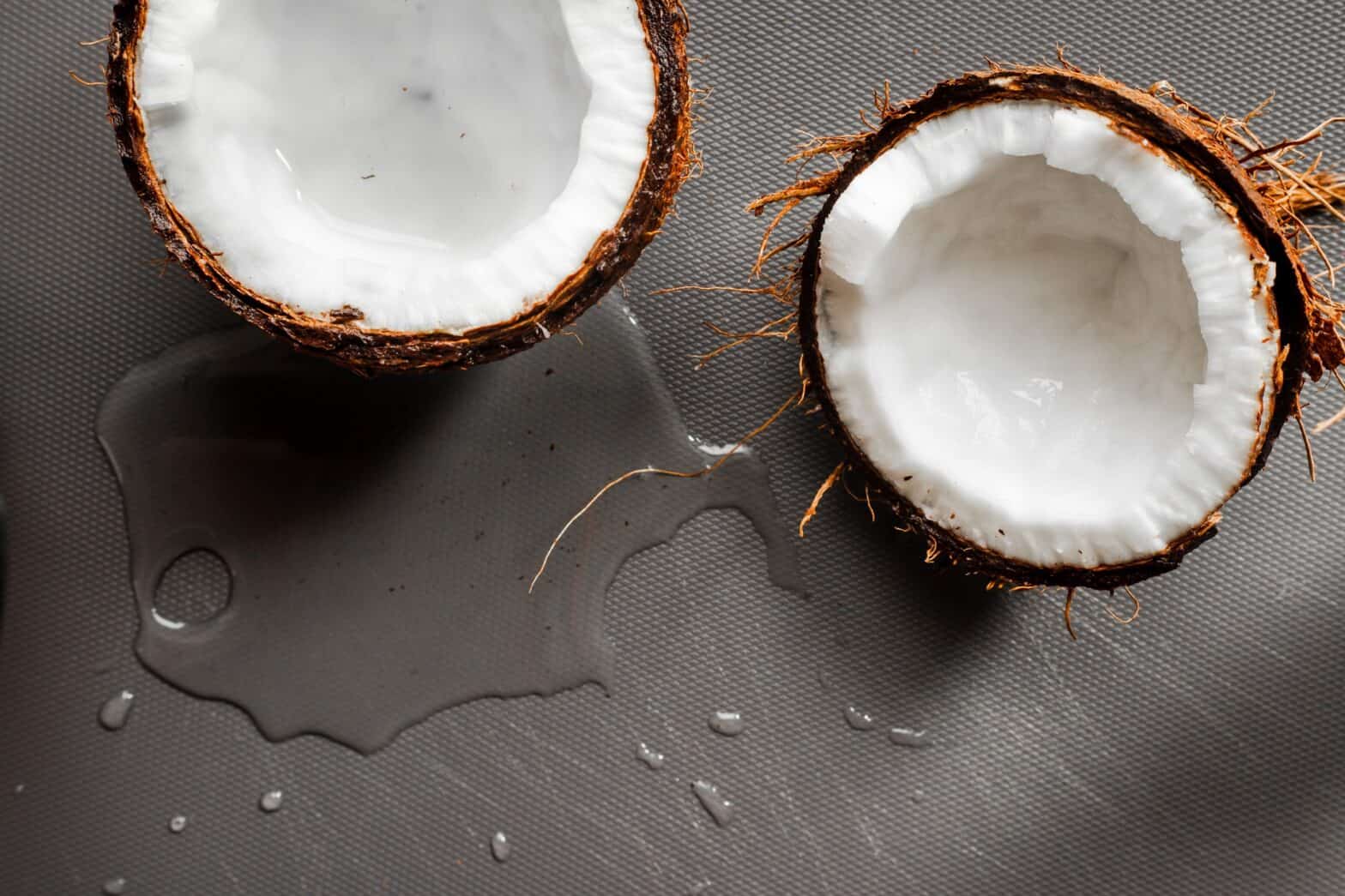Coconut oil is a popular product because of its incredible versatility as a food and personal care product. Because of this, more and more people are becoming interested in purchasing coconut oil.
It is important to know the proper ways to store it and stop it from spoiling. Storing this product adequately can preserve its shelf life and allow you to get the most out of your money.
Unfortunately, coconut oil can go bad pretty quickly, so read this article to learn more about its proper storage.
Coconut Oil Shelf Life
If you store your coconut oil correctly, it will take longer for oxidation to take place, making your oil last for around two years. You must ensure the coconut oil’s protection against contaminants and sunlight for you to achieve this.
In addition, the exact expiration date still depends on whether your oil is refined or virgin. Refined ones can spoil after around two years, same with virgin coconut oil.
Coconut Oil Storage
You can keep your coconut oil in any container as long as you store it in a dark and dry place. Doing so ensures food safety and freshness. Additionally, moisture and extreme temperatures such as sunlight can affect the oil’s texture and quality.
Also, you do not need to refrigerate it, but you can opt to do so if you want it chilled. In fact, keeping it cold can solidify the oil and let it stay fresh for longer. When you have to use it, you can quickly melt it and leave it at room temperature.
If you will use coconut oil for beauty purposes, we recommend storing it at room temperature to make the liquid easier to apply and spread. Make sure to put it in an airtight container for added freshness. Oxygen from the air can easily spoil your oil because of the presence of bacteria and other types of contaminants.
Signs of Spoiled Coconut Oil
When you finally have to use the oil, you must still check if it is indeed safe for any kind of use. You can also inspect it regularly to ensure it has not gone bad.
Here are signs to look out for to know if your coconut oil is already spoiled:
- Bitter or sour odor
- Chunky consistency
- Dark oil spots (molds)
- Discoloration
- Sour taste
Any of these signs may indicate that your coconut oil has gone rancid. Do not attempt to use it anymore and discard it immediately.
Keep in mind that consuming spoiled coconut oil can make you sick and cause severe side effects. One of these is an increased number of free radicals in your body, which can lead to cancer and cardiovascular and inflammatory illnesses.
Conclusion
You can use coconut oil in various ways, including as a deodorant, hair mask, lip balm, makeup remover, shaving cream, skin moisturizer, teeth whitener, and many more. That is why it is essential that you know the best ways to store your coconut oil and keep its freshness and excellent quality.
If you are looking for bulk organic coconut oil, check out Coco House. We export and supply fresh organic coconut-based products. Schedule a meeting with one of our specialists today!




